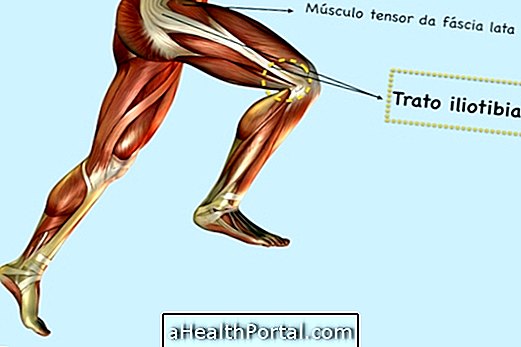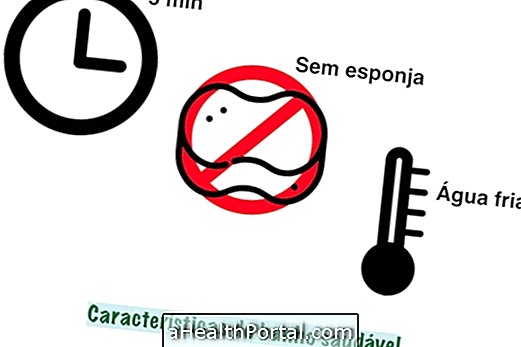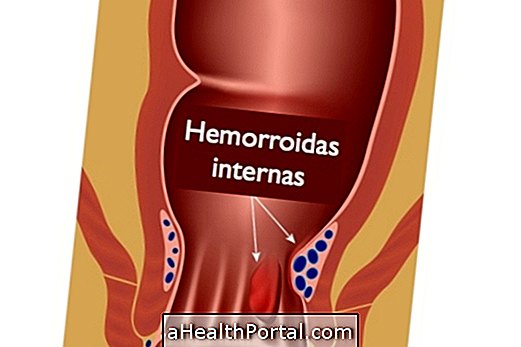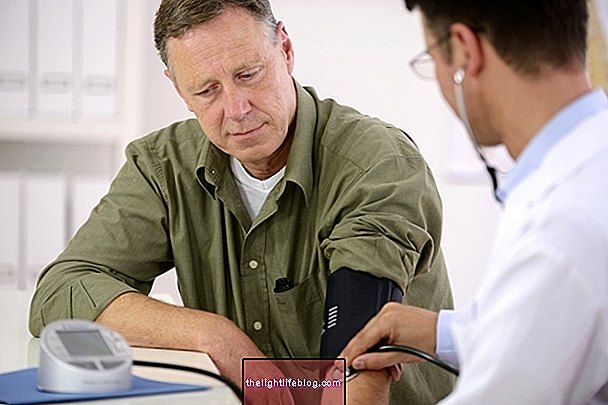Excessive exercise means that the performance of the workout decreases, impairing muscle hypertrophy, as it is during rest that the muscle recovers from training and grows.
In addition, overdoing physical activity is bad for your health and can result in muscle and joint injuries, exhaustion, and extreme muscle fatigue, making it necessary to completely stop workouts for the body to recover.
Symptoms of excessive exercise
Excess physical exercise can be perceived through some symptoms, such as:
- Tremors and involuntary movements in muscles;
- Extreme fatigue;
- Loss of breath during training;
- Severe muscle pains that only get better with the use of medications.
In the presence of these symptoms, the frequency and intensity of the workouts should be reduced to allow the body to recover, and it is necessary to go to the doctor to assess the need for medication or treatment to aid recovery.


Consequences of excessive exercise
Excessive exercise causes changes in hormone production, increased heart rate even during rest, irritability, insomnia, and weakening of the immune system.
In addition to body damage, intense practice of physical activity can be detrimental to the mind and become a compulsion for exercise, in which the obsession to improve the appearance of the body generates intense stress and anxiety.
What to do to treat exercise binge
When identifying symptoms of excessive exercise or changes in body function, you should see your doctor to see if there are any problems with the heart, muscles, or joints that need to be treated.
In addition, it is necessary to stop the physical activity and to start over again (look for a qualified professional in physical education), after the organism has returned to work well. Counseling with a psychotherapist may also be necessary to treat the obsession with physical activity and help decrease stress and anxiety.
To improve performance in a healthy way, see 8 tips for gaining muscle mass.



























